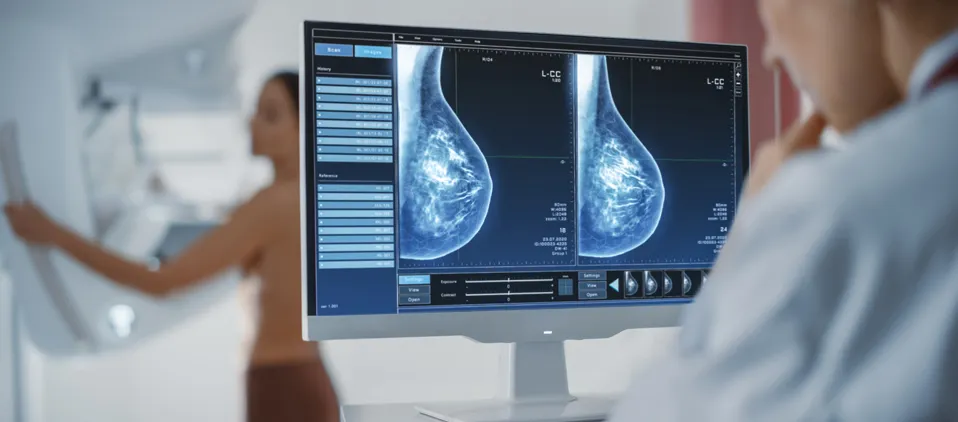
Breast cancer has emerged as a significant health concern in India, representing the most prevalent cancer among women in India. As per a recent report from National Cancer Registry Programme (NRCP) ,it is estimated that the cancer cases are expected to rise from 13.9 lakh cases in 2020 to 15.7 lakh by 2025, marking a nearly 20 % surge. Breast cancer records for 14 percent of all cancers in Indian women with one Indian woman being diagnosed with breast cancer approximately every four minutes.
Breast cancer is a threat to all women, and though the exact cause remain elusive, several factors may elevate the risk for women, such as
- Advancing age –The majority of diagnoses occur in women over 60.
- Early age of menstruation (before the age of 12 and late menopause (after the age of 55)
- Delayed childbirth or having a first child after the age of 30.
- Not breast feeding.
- Personal history of breast cancer or a family memer with early onset breast cancer
- Genetic mutations like BRCA 1& BRCA 2.
- Being overweight/ obsese
- Alcohol consumption
- Lack of physical activity
- Prior exposure to radiation to chest
- Prolonged hormonal replacement therapy.
It’s crucial to note that the presence of these risk factors does not guarantee the development of breast cancer. Regular screening is essential for all women. One should be aware about signs and symptoms of breast cancer, as early detection of the cancer makes it efficiently treatable.
Important signs of breast cancer are
- Recent change in size and shape of breast
- Development of lump in the breast
- Redness/rash around the nipple
- Discharge from nipple, pain, change in size/shape of nipple or changes in skin texture
These changes might be indicative of underlying breast cancer and if found it should be thoroughly investigated to rule out the possibility.
Also, for women around the age of 40 years, it is advisable to carry out regular periodic mammography to monitor the health of breast tissue.
The treatment of breast cancer is multidisciplinary. It involves surgery (removal of lump and lymph glands in the armpits), chemotherapy (with or without targeted /hormonal therapy) and radiation therapy. Immunotherapy as well as medications like PARP inhibitors are useful in specialised group of patients. Treatment strategy for each patient is different and is individualized based on the cancer stage and signature.
Early detection and state of the art cancer treatment are pivotal in preventing breast cancer related deaths.